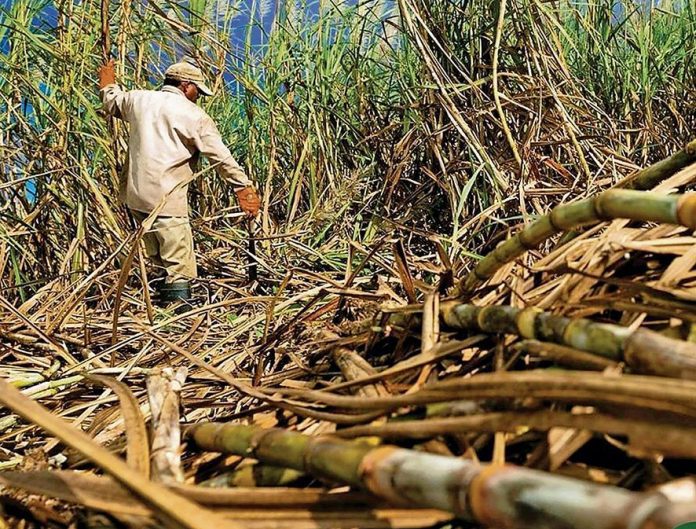A bitter feud has erupted in one of the strategic sugar companies located in KwaDukuza on the KwaZulu-Natal north coast region.
The matter involves two major shareholders, Sokhela Sugar and Maroochi. They took over operations at the Gledhow Sugar Company following the business rescue through the Ushukela Consortium.
Significant challenges in recent years
The company has been facing significant challenges in recent years. This includes the forced closure of its factory due to social unrest in KwaZulu-Natal in July 2021. As well as the catastrophic flood damage to its machinery and infrastructure in April 2022.
In addition, the Russia-Ukraine War has resulted in significant increases in essential supply costs. These include coal and other operational inputs, making it difficult for the company to survive.
Voluntary business rescue
The sugar mill among its shareholders include the Sokhela family. They are former owners of the PSL football outfit AmaZulu FC. The company, which employed close to 500 workers last year, entered into voluntary business rescue.
This led to uncertainty. But the mill was thrown a lifeline following the bid by Ushukela Consortium to purchase the company. It was acquisition that took effect in March this year. The move put to bed the speculations regarding the future of the sugar company.
“When the new company took over early in the year, we were optimistic that things would run smoothly. The news of the possible closure of the mill worried us as small growers.
“It was going to kill our business. We were excited that the Ushukela Consortium would have our best interests at heart. Because there are black shareholders in it,” said Mbongiseni Ngwenya, speaking on behalf of the growers.
Black shareholders threat
He explained that at the heart of the schism, which is likely to scupper the deal, growers had an intention by other shareholders in the new entity to muscle out black shareholders.
“If the black shareholders are removed from the deal, it will spell disaster for us as small growers. We believe that this is an anti-transformation agenda. The fight now involves the Competition Commission,” he explained.
Sunday World understands that the bone of contention is the money that was supposed to be paid during the business rescue process by the Sokhela Sugar.
In a confidential letter addressed to the Competition Commission, Sokhela Sugar (Pty) Ltd is scathing. Sunday World has seen the letter. The company owned by the Sokhela family accused another shareholder in the Ushukela Consortium Maroochi. It accused them of gross misrepresentation during its submissions to the Competition Commission.
Gross misrepresentation of facts
“The narrative being presented by Maroochi to the Commission regarding Sokhela Sugar is a gross misrepresentation of the facts.”
Following negotiations with Maroochi, the agreed deadline for raising funds was set as February 28 2025. This as outlined in the draft Shareholders’ Agreement. This aligns with the engagement process detailed in the invitation. The invitation was extended to Maroochi to join the Ushukela Consortium. [The latter] was later known as Ushukela Holdings,” said Sokhela Sugar in its letter of grievance.
Accused of withholding vital documents
Sokhela Sugar made further claims in the letter. It said Maroochi had not provided them with the necessary information to facilitate the raising of funds.
“It is wholly unreasonable to expect Sokhela Sugar to raise funding. Funding… for the acquisition and expansion of Gledhow Sugar Company (Pty) Ltd. [And to expect it to do so] without access to critical documents such as the latest financial position. Including the most recent annual financial statements, and the turnaround plan.
“The sudden refusal to share this information is a recent development. It is making it impossible to approach any potential funders,” Sokhela Sugar further charged.
The company also contends that the R56-million that they were expected to raise was grossly inflated to R250-million.
Maroochi director Pierre Berrange explained that the matter is currently before the scrutiny of the competition tribunal. And it would be ill-conceived to comment on its merits.
“It would be inappropriate to comment whilst this process is underway,” Berrange said.




